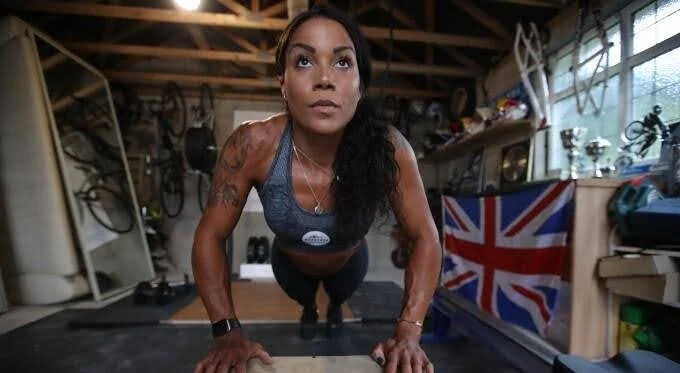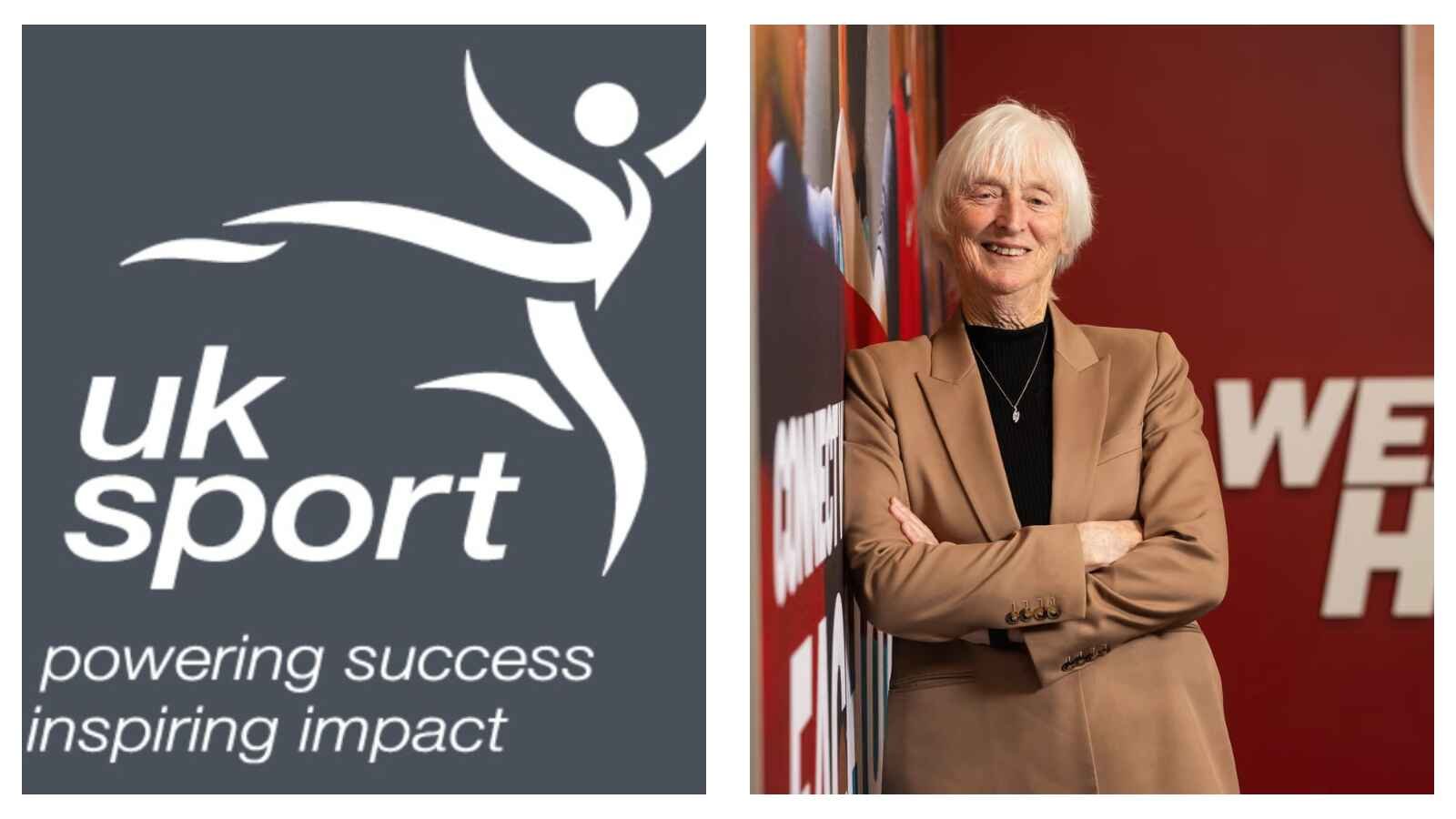From Tokyo heartbreak to Paris glory: Olympian Amber Rutter on resilience and peak performance
Amber Rutter is an Olympic silver medallist, double ISSF World Champion, and one of the most successful British shooters in history, making her breakthrough as the youngest-ever ISSF World Cup winner at just 15.
With a remarkable comeback that saw her win Olympic silver in Paris just months after becoming a new mother, Olympic speaker Amber embodies resilience, elite performance, and inspiring leadership.
Represented by Champions Speakers Agency, she is a sought-after peak-performance speaker who shares how mental toughness and unwavering focus can propel both elite athletes and professionals to their highest potential.
Q: Your career in shooting has been remarkable, but it’s not a sport people usually imagine as a full-time profession. Can you share the story of how you first discovered it and what inspired you to pursue it at the highest level?
Amber Rutter: “Shooting was something that I never expected to fall into. You don’t get into shooting to make it your full-time job or necessarily even have a career from it.
“For me, it was when I was 10 years old – my granddad used to shoot, and I decided to go along with him one weekend just as a bit of fun, because I was really intrigued with the idea of shooting shotguns, and I simply just didn’t know what it was.
“I went along with him one weekend, and the moment I hit my first clay I just had such an adrenaline rush. For me, that was like ‘you know what, I just want to spend some more time with him, see how far this will take me’.
“We started travelling the country, entering competitions, and he was just my number one fan. Honestly, he just pushed me to do every competition I could and just enjoy myself.
“It was the highlight of my week just spending time with him.
“Before I knew it, I was, like I said, travelling up and down the country and ended up being scouted for the Great Britain team at the age of 14.
“They said, ‘Would you like to go to a World Cup?’, and I was like, ‘Well, where is it?’ They said, ‘Acapulco, Mexico’, and I was like, ‘Right, you’ve got me there, I’m in’.
“I wanted to start travelling the world doing this – it sounded amazing. That’s where my journey started.”
READ MORE: From BMX world champion to mental health advocate: Shanaze Reade’s journey
Q: Every elite athlete faces setbacks, but yours included missing the Tokyo Olympics due to COVID. How did you find the strength to overcome that moment and refocus on your goals?
AR: “Honestly, it’s taken a lot of time to manage setbacks, and my journey definitely hasn’t come without its difficulties.
“For example, unfortunately, I caught COVID the night before I was meant to fly to the Tokyo Olympics, and for me that was a moment where I was ready to give up. I wanted to quit the sport, I had no interest – even the word ‘Olympics’ just really, really triggered me. I got myself into a really bad mental space.
“For me, it was the idea of setting the example and moving forward with it in my life. I just knew that if I was ever going to do another Olympics, I had to do things differently. I had to really focus on what was the most important in my life, and for me that was my family.
“I really wanted to get married and have a baby – all these important things in my life that I’d always been putting off or putting to the side because I was so focused on my career and getting to the Olympics.
“When I had that change in my life, prioritising the things that I really cared about, I realised that my mental health got better.
“I started overcoming these problems a lot easier by working with the team around me and just feeling happier in myself, which allowed me to perform at that high level and really see the success that I’ve had.”
YOU MAY ALSO LIKE: How elite athletes stay sharp: Performance coach Bradley Scanes on the psychology of success
Q: Your journey has been defined by persistence. What do you think business leaders can learn from the resilience you’ve shown in your sport?
AR: “The message I really like to share with my journey is: I’ve been shooting now for 17 years, I started when I was really young, I was really inexperienced, and didn’t have much direction for where this career path might lead me.
“I think businesses can take from those moments where you feel like you want to quit, give up, or don’t see a future in what you’re doing – just perseverance and keeping focused on why you started in the first place is so important.
“I look back at Tokyo and the experience of not going to the Olympics – almost four years of work going down the drain – but then I look on the flip side, and I think everything happens for a reason.
“I have now gone to the Paris Olympics, won a silver medal, and it just made it so much sweeter because I did it on my terms, where I had my baby there, I had my husband, I had all the things I truly cared about.
“I think the message I want to share with businesses is: you might hit hurdles, it might get to the point where you feel like giving up, but perseverance is the most important thing, and being consistent and showing up every day will lead to good things.”
READ NEXT: Forged through adversity: Paralympic rower Gregg Stevenson’s lessons in mental fitness and growth
Q: At the top of your sport, the margins for success are incredibly small. How do you explain the reality of high performance to the audiences you speak to?
AR: “I like to teach audiences about high performance in terms of the amount of commitment it truly takes to reach the highest level.
“In my personal experience, success really is a marathon. It’s not something that comes overnight – it’s built little by little.
“When I was at the start of my career, I would see these massive jumps – massive leaps in my progress and success – but I would never get the consistency of keeping that level.
“Now, being at the height of my career, being in top form, working on that world-class stage, the margins are so fine. We’re talking about little tweaks here and there which really make the difference.
“You don’t see the big leaps like at the start, but it doesn’t mean you’re not making progress – and I would love to share that with businesses.”
YOU MAY BE INTERESTED IN: Baroness Sue Campbell on how elite sport can shape and inspire a new era of business leadership
Q: Many people see Olympic medallists as larger-than-life figures. What’s the most important message you want your audiences to take away from hearing your story?
AR: “I really hope that people can connect with me, that I’m not like a footballer, I’m not like a professional rugby player. I got into this sport purely because I loved it, and I hope my story can resonate with listeners in businesses.
“My journey has been one with many ups and downs – overcoming problems, stereotypes, and challenges in my career – but now, being at the flip side, having won a silver medal at the Olympics, I would love to share the details of how I made all these bits and pieces come together to create this final result.
“Hopefully, I can inspire people in whatever they’re doing in their careers or their journey – that perseverance and determination will get you to where you want to go.”
This exclusive interview with Amber Rutter was conducted by Chris Tompkins of The Motivational Speakers Agency.
MORE FROM CHAMPIONS SPEAKERS AGENCY: ‘You can be anything’: Olympian Anthony Ogogo’s moving journey from boxer to motivational speaker





